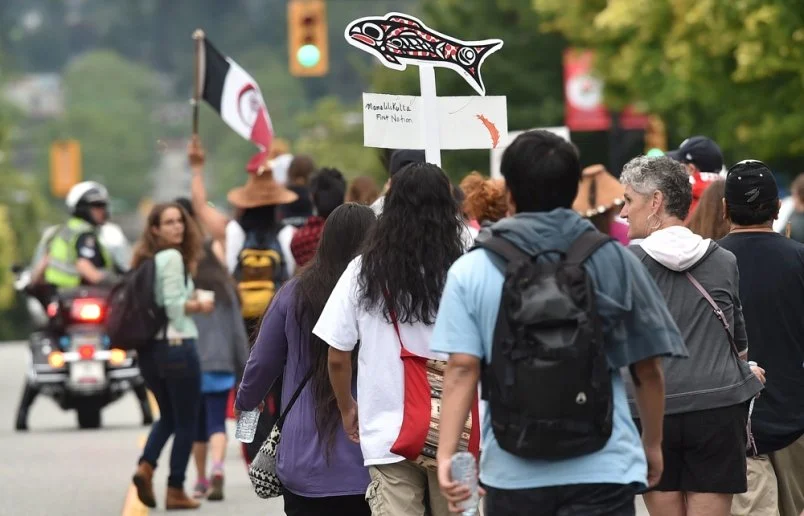Whither Now Canada: Marking the Passing of Murray Sinclair
The TRC Commissioners, Marie Wilson, Murray Sinclar and Wilton Littlechild
This entry written by our guest writer, Gus Polman. Thanks Gus.
At his passing, Canadians paid tribute to the life, contribution, example, of former Anishinaabe
Senator Murray Sinclair, recognized national champion in Truth and Reconciliation -- and in
listening. The Governor-General’s office issued notice for half-masting of flags, in honour.
Sinclair encouraged Canadians seek Reconciliation both with Indigenous people and Indigenous
peoples. At a Canadian Centre for Policy Alternatives event in 2017, he posed what
Reconciliation and renewing the relationship would take: “Understanding, Commitment,
Leadership, Planning.” He continued, “What are the hurdles? -- Understanding, Commitment,
Leadership, Planning.” He sought justice, but more importantly he sought healing. As a leader
who lived and walked what he spoke, he could challenge us directly and do so with hope:
“Reconciliation affects us all, involves us all, and will change us all.”
And to riff on Ringo Starr, “It don’t come easy.” Sinclair often said the Truth is hard, but
Reconciliation will be harder: “‘The Truth will set you free,’ but what if it just makes you angry?”
In recent years --an example just now south of us -- across countries where citizens can vote
for their rulers, incumbent governments experienced losses– even if only reduction in vote
share— in current economic crises. Citizens angry about the cost of food, energy, housing,
their taxes, cost of living generally, post-pandemic health care, so wanting change. That’s
understandable, even though domestic governments may not have much control over causes of
those costs in the cascading world crises of war, famine, climate emergency, supply chain, aging
population, etc.
Populist leaders tap into people’s feelings about their situation, frequently dumbing down
complex issues into three- or four-word slogans, with bonus points/votes drummed up if they
rhyme.
What effect might policies emanating from such reductionist, simplistic thinking have on
Indigenous communities and Indigenous people in Canada? We’ve not received many detailed
policy proposals, but provincial and federal populist leaders give indications, possible direction
of such planning. Asked to share their views of Reconciliation, some speak mainly of “economic
reconciliation,” perhaps not even aware of how reductionist an understanding that may be.
Rhetorical performance often hides possible policy agenda, and this gave the Assembly of First
Nations Annual General Assembly pause in July when attendees heard speeches by opposition
federal political aspirants.
Populism, be it on the right or the left of political spectrum, utilizes ways of framing political
and social life in terms of a basic antagonism between “the people” and some set of “elites.”
We still lack a sufficiently common Canadian understanding of the story, history of relationship
between Indigenous and non-Indigenous peoples. Too often, we still face a level of cold-
hearted disconnection, built over generations of insecurities and resentments, and a lack in
understanding how culturally destructive the Indian Act functions. Pray populists not succeed
in exploiting insecure social location.
May we all, as learners, take care so neither our “religion” (faith expression) nor our politics
(public stance) be one of fear, resentment, scarcity, and “ourselves,” but rather of kindness,
humility, abundance, and the common good.
In late September, Murray Sinclair had yet so invited us, encouraging Canadians to make Canada better
by learning and unlearning, and by resolving to be better,” joining with their
Indigenous relations “that we can walk together on this road, friends forever, without
surrendering our sense of self…. Let us dare to live greatly together.


